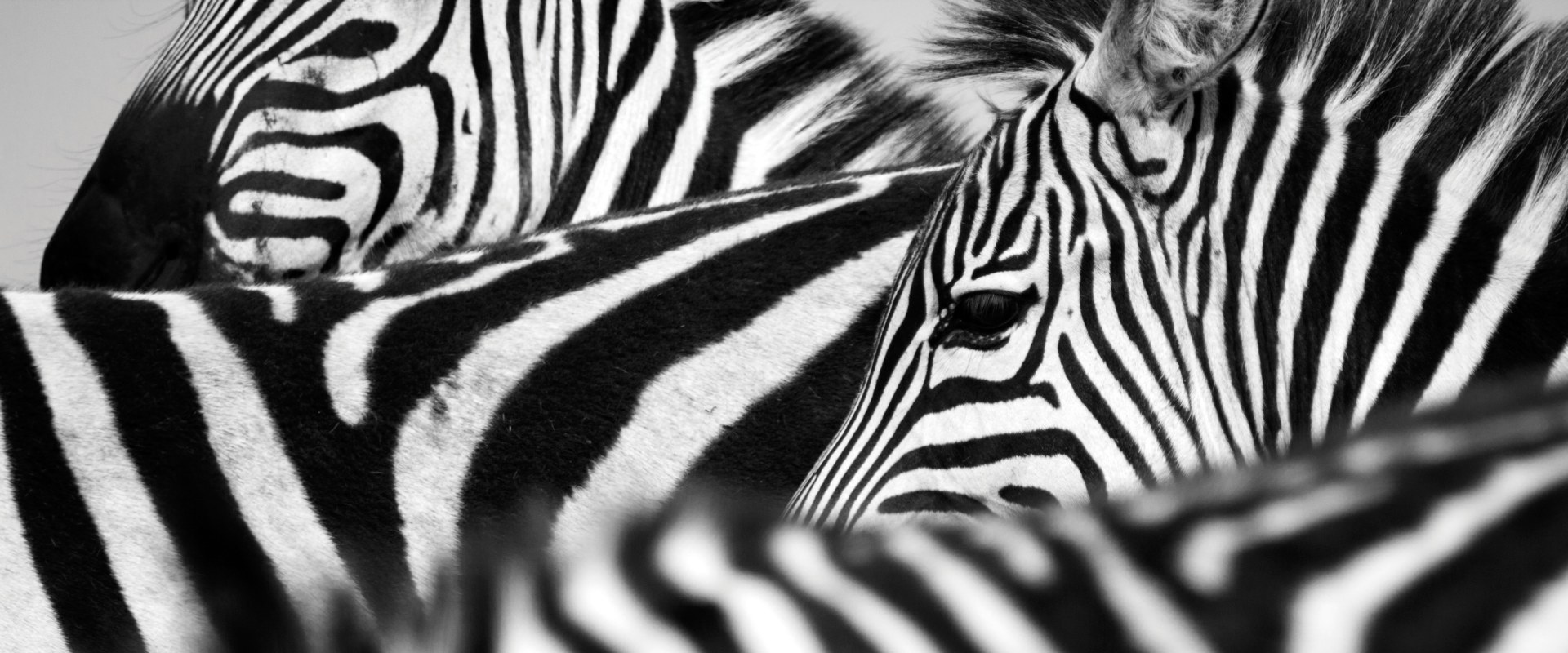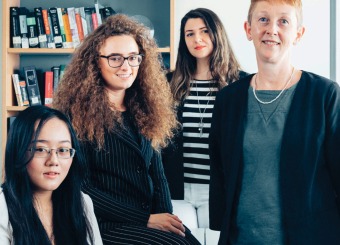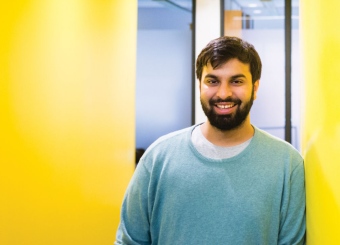The University’s partnership with Chester Zoo is helping safeguard the future of some of the world’s most endangered animals. It’s also providing students with the chance to get out of the lecture theatre and learn up close alongside these fantastic beasts.
On a hot July day something very special happened at Chester Zoo. In front of dozens of surprised visitors, a critically endangered eastern black rhino gave birth to her new calf.
This is far from a typical sighting: the majority of rhinos give birth at night. However, Malindi – a 12-year-old second-time mum – treated visitors to a once-in-a-lifetime spectacle.
Experiences like this fuel public engagement in the zoo’s conservation efforts. The latest new arrival is just one success story to come from the zoo’s many global conservation programmes, something in which The University of Manchester plays a key role.
Engaging and learning
The University’s partnership with the zoo delivers high-impact research that safeguards some of the world’s most endangered creatures. Dr Susanne Shultz, a Royal University Research Fellow, leads the partnership’s efforts to secure the future of mega-herbivores like the eastern black rhino and Grevy’s zebra.
According to Dr Schultz, public engagement with these animals is as important to the success of the programme as the research that underpins it.
“Zoos play an incredibly important role in conservation as they provide one of the few chances for children and adults to see amazing animals close up and to really understand why they are so special,” she explains.
It’s also a place of learning for the University’s students undertaking research placements at the zoo, such as Biology student Jamie Burnett and Zoology student Bethany Pavitt.
Both have relished the chance it gave them to learn outside the lecture theatre, undertaking research to determine whether time spent with a zoo volunteer or ranger improved visitor engagement.
“Zoos stand as ambassadors, not only for conservation, but also for education due to the wide audience that they reach,” says Bethany.
“People can feel bombarded by messages about animals going extinct, habitats being destroyed, without any focus on what they can do to help,” Jamie adds. “That’s why I think it’s really great that Chester Zoo makes a point to share ways that visitors can personally contribute and make a difference.”
You don’t have to be in the lab or in the field to make a difference.
Connections
It’s safe to say that the zoo is special to people in the north-west – and, indeed, across the UK. When, in December last year, a fire demolished the roof of the new Monsoon Forest habitat, members of the public raised £100,000 in 24 hours.
Connecting with the creatures is key to the public’s engagement with conservation efforts, making this a vital area of research.
Students like Jamie and Bethany are “contributing directly towards our mission of preventing extinction,” says the zoo’s Science Director, Simon Dowell. “We are delighted to have Manchester students and postdocs as Chester Zoo conservation scholars and fellows,” he asserts.
“It’s a real win-win situation,” says Anne Pinkerton, Education Support Manager at the University’s School of Biological Sciences. “The students thoroughly enjoy the hands-on experience and training that the placement provides, and Chester Zoo supervisors tell us that the students are a big asset to the zoo too.”
For Jamie, her time at the zoo has opened her eyes to how his learning experience can also benefit the world.
“At University, the focus was much more on lab and field-based research,” she explains. “This placement has shown me that there are endless roles that can support conservation.
“You don’t have to be in the lab or in the field to make a difference.”
Saving species with faeces
We're conducting research in partnership with Chester Zoo to help save Grevy's zebras, Cape mountain zebras and eastern black rhinos.





